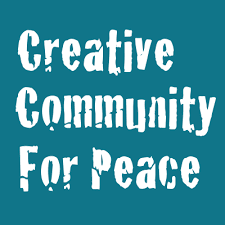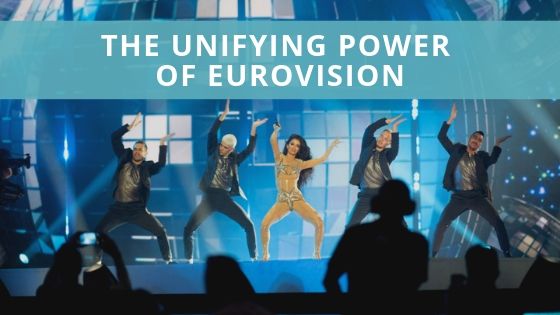The Eurovision Song Contest is the world’s largest singing competition, annually bringing people from all walks of life together through a shared love of music and cultural exchange.
The Contest
Eurovision has been broadcast every year since 1956, making it the world’s longest-running television competition. Only seven countries participated in the first contest, but it has now grown to include more than 40. The contest is open to all active members of the European Broadcasting Union (EBU), which, aside from Europe, includes countries such as Australia, Azerbaijan, and Israel.
Each country has a different method of selecting its contestant. In some states, there are nationwide competitions to choose the representative, while in others, the public broadcaster internally decides who to send. The contestants range from internationally famous musicians to others who are just starting out and fall anywhere and everywhere on the spectrum of musical genres, from opera to EDM, to hip-hop.
The contest, which is watched annually by upwards of 200 million people, is hosted in a different city every year, and the right to host the competition is granted to the country that won the previous year. Over the past 10 years, Eurovision has been hosted in: Moscow, Russia in 2009; Oslo, Norway in 2010; Dusseldorf, Germany in 2011; Baku, Azerbaijan in 2012; Malmo, Sweden in 2013; Copenhagen, Denmark in 2014; Vienna, Austria in 2015; Stockholm, Sweden in 2016; Kyiv, Ukraine in 2017; Lisbon, Portugal in 2018; and finally, in 2019, in Tel Aviv, Israel.
Next year the contest will be hosted in Holland, although which city in the Netherlands has yet to be decided.
The Bigger Picture
Eurovision is a fantastic opportunity for musicians to showcase their talent, and successful musicians, most famously ABBA, have gotten their start from the contest, and it’s a spectacle, which provides weeks of fun and excitement. But ultimately, it’s much more than that.
Eurovision provides a fantastic opportunity to broaden one’s cultural horizon and learn about other countries. This can be done through the songs performed at the contest, the “postcards” filmed by each contestant in the host country, and the tourism the contest facilitates.
The artists competing in Eurovision often perform songs that showcase elements of their nation’s culture. In 2019, for example, the Norwegian entry KEiiNO performed a song that included the joik chanting of the Sami people from northern Norway, bringing it to the world stage. Other countries, including Azerbaijan and Serbia, also used elements of their country’s traditional music in their 2019 entries.
Israel 2019
The “postcards” filmed by the contestants also allow people to learn more about the host country, which, in many cases, maybe a place they have never visited or even thought much about. This year, Eurovision viewers got to see the contestants dancing with Israelis in various locations around the country, giving them a glimpse of the beaches in Tel Aviv, the world headquarters of the Baha’i Faith in Haifa, the Dead Sea in the lowest point on earth, the ancient historical sites of Jerusalem, and much more.
Additionally, the tourism caused by Eurovision adds to the contests contribution to cultural exchange. Every year, tens of thousands of tourists visit the host city to attend the contest in person rather than watching it on television. In addition to meeting with the locals and experiencing the local culture first hand, it also allows tourists from all over the world meet each other, singing and dancing together as they cheer on their favorite entries.
The Power of Unity
When this spirit of togetherness and open-mindedness came under attack by proponents of a cultural boycott of Israel, we at Creative Community For Peace (CCFP) rallied the entertainment industry behind Eurovision 2019 in Tel Aviv, launching a statement which was signed onto by more than 100 leading entertainment industry artists and professionals, including: Sharon Osbourne, Stephen Fry, Scooter Braun, and Rachel Riley, amongst many others.
We are delighted to say that the 2019 contest was a great success, and exhibited the power of Eurovision to unite. For example, two of this year’s contestants, Bilal Hassani of France and Allesandro Mahmoud of Italy, are of Arabic background, with origins in Morocco and Egypt, respectively. Their appearance on the Eurovision stage in Israel was a subliminal, yet powerful message that music can rise above the political squabbles of the day.
Additionally, American superstar Madonna, who was a guest performer at this year’s Eurovision, was much more explicit in her belief in the unifying power of music, when her dancers wore Israeli and Palestinian flags on their back and held hands on the stage.
For decades, Eurovision has provided a platform for friendly competition between nations, based on a shared love of music, and we hope to see it continue for many more.

